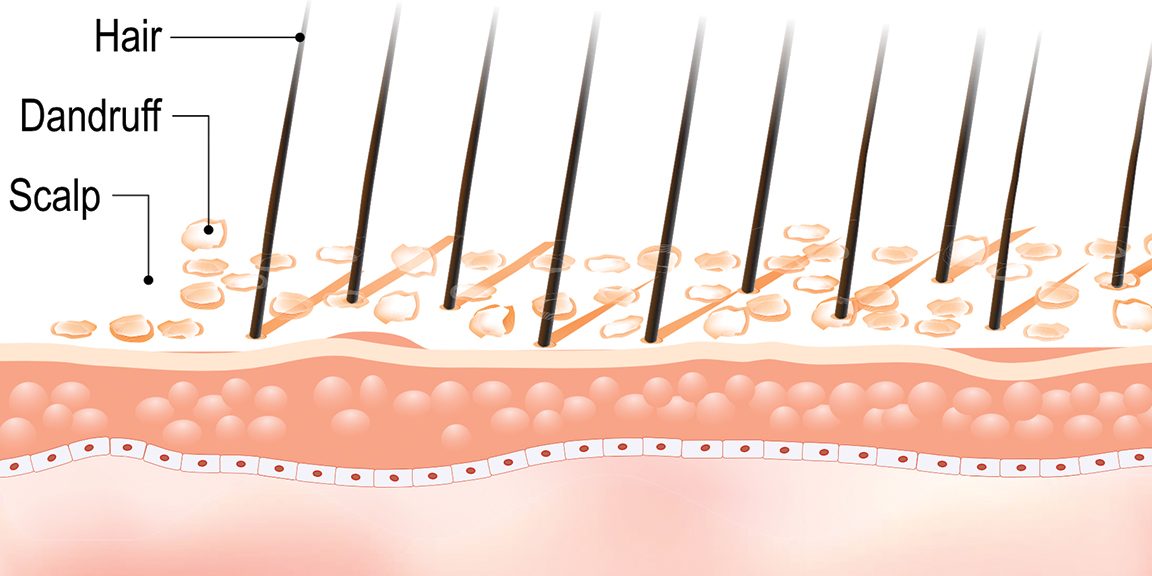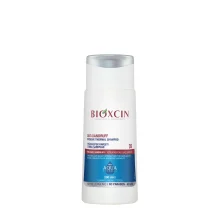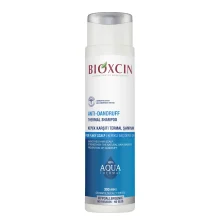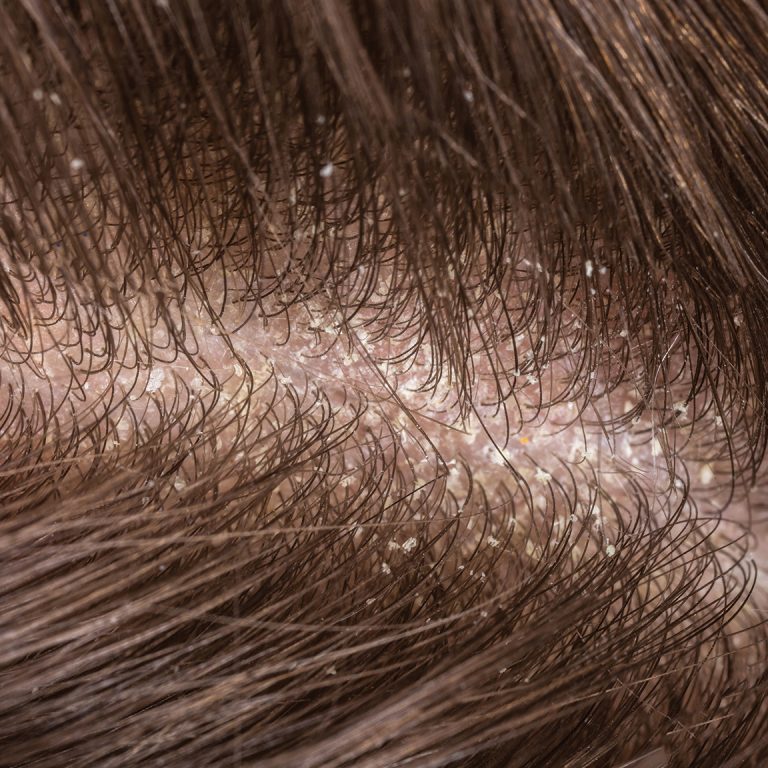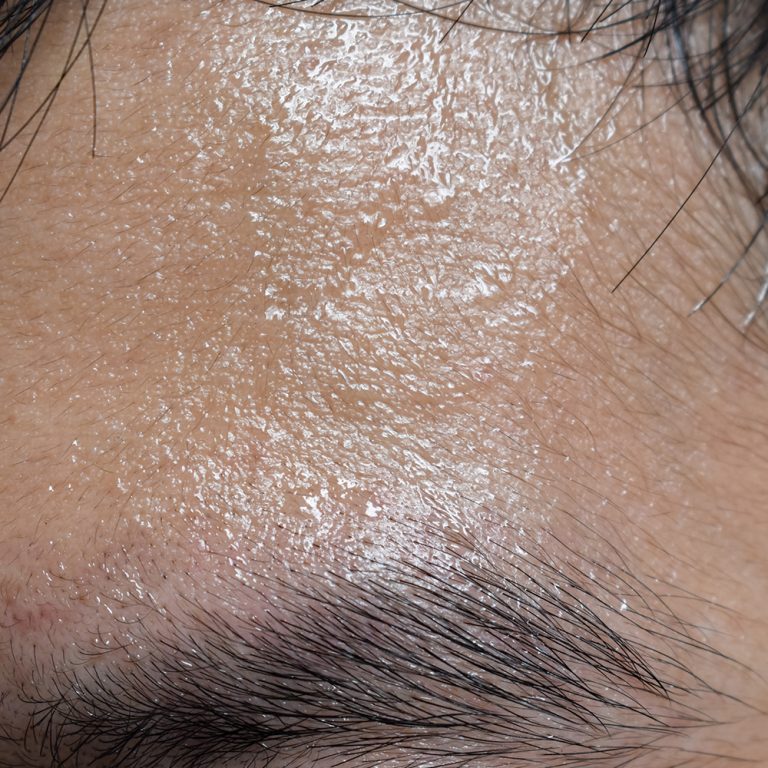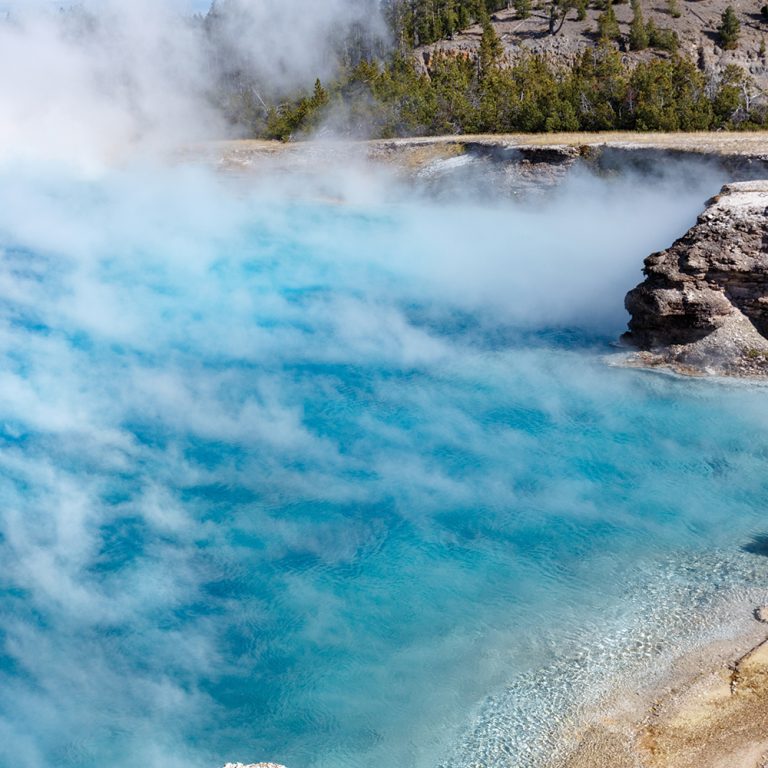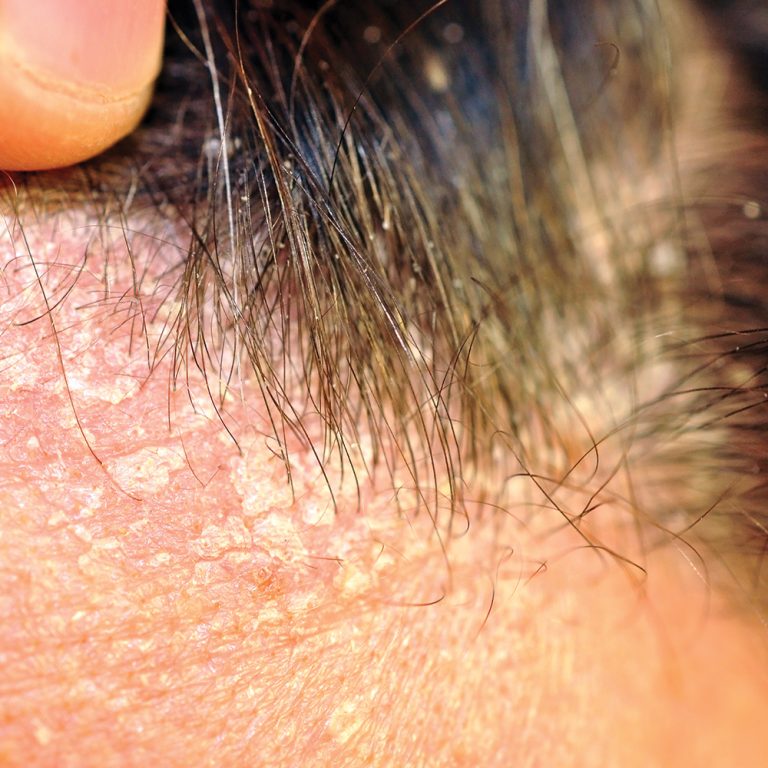Most people have heard of dandruff – the skin condition that causes flakes to appear on your scalp and in your hair. In fact, dandruff is more of a symptom than a condition in its own right – which we’ll discuss more later.
Dandruff isn’t harmful, nor is it contagious – but at the same time, it can be unpleasant to deal with. You might find the flakes fall from your hair onto your clothing, which can make it more noticeable to people around you. It can also be uncomfortable, as one of the possible side effects is a dry and itchy scalp.
If you’re looking to try and get rid of your dandruff, then one thing that might help is understanding what can cause it so you can find effective anti-dandruff treatments and preventative measures.
Where does dandruff come from?
You might have heard that dandruff is caused by poor hygiene – but that isn’t the case. In fact, dandruff can be caused by a range of circumstances, from your overall health to the natural condition of your hair.
Below, we take a more in-depth look at some possible causes of dandruff.
Skin conditions
According to the NHS, dandruff can be caused by a number of skin conditions, including:
- Seborrheic dermatitis
- Eczema
- Psoriasis
- Contact dermatitis.
Many of these conditions cause itchy, dry and flaky skin as a whole, so it makes sense that the skin of the scalp could be affected, too. Anti-dandruff shampoos and other specialist hair products may help, but if the problem persists for longer than a month, then speaking to a healthcare professional may help you to find a solution.
If your dandruff is caused by a more general skin condition such as those listed above, then it’s likely you’ll see other symptoms – not just those associated with the hair and scalp. That can help you to decide whether you need a doctor or pharmacist’s advice.
Fungal infection
Another possible cause of dandruff is a yeast-like fungal infection.
Most people, even those with healthy hair, have a fungus called malassezia on their scalps. This fungus feeds on the oil on your scalp and hair known as sebum. The fungus then breaks down the oils it consumes, leaving the byproducts on your scalp – and this can cause mild irritation.
All of this is perfectly normal – it’s a natural process and nothing to worry about.
However, things can start to get out of hand if the fungus reproduces more rapidly than normal. This can happen if:
- You’re immunocompromised
- It’s very humid
- You’ve been sweating a lot
- You have an oily scalp.
If this affects you, it could be a temporary problem in some circumstances. For example, if you’ve been travelling in areas with a very humid climate, you might develop dandruff that resolves in time after you return to less humid areas.
For problems like immunocompromisation and having an oily scalp, anti-dandruff hair products may help to control the situation. If this doesn’t work, a medicated solution may be needed to tackle the malassezia fungus.
Oily scalp
As mentioned, an oily scalp can exacerbate the activity of the malassezia fungus, resulting in dandruff formation. That’s because those oils are the fungus’ food. If your hair or scalp is very oily, the fungus can eat lots and reproduce more quickly, leading to the problems described above.
Some people naturally produce more sebum or hair oils, while others don’t. But if this affects you, a hair care routine that helps to tackle excess oil production may be the best choice to keep dandruff at bay.
To that end, a shampoo that prioritises scalp health may be a good choice. For example, our Biotin Healthy Hair and Scalp daily shampoo contains pyrocton olamine, which targets fungal causes of dandruff, as well as thermal water, which serves to improve epithelial cell health and soothe sensitive scalps.
Dry scalp
At the other end of the spectrum, a scalp that’s overly dry can also lead to dandruff and scalp irritation. A lack of hydration can cause cells to die prematurely, leading to the shedding of the top layer of the scalp in small, whitish flakes.
The answer is to rehydrate the hair and scalp with a moisturising, nourishing hair care routine, like our Aqua Thermal range, which contains hydrating thermal water to restore moisture to your hair. At the same time, probiotics within the formula strengthen the natural protective barrier of the scalp to protect against future dandruff formation.
Sensitivity to hair products
Another common cause of dandruff is that something you’ve put in or on your hair is irritating your scalp – this may dry out the skin or prompt excess oil production. Most commonly, this happens when you have a sensitivity to something in your hair products, but it can also occur through exposure to chlorine or salt if you swim a lot.
If you think your swimming habits could be contributing to your scalp problems, then try wearing a swim hat. This should shield your hair and protect your scalp from irritation.
If that’s not the case, then the irritation is most likely down to one or more of the ingredients in your hair care products. You can be allergic to various ingredients including fragrances and hair dyes, but you might also just be sensitive to chemicals in your shampoo and conditioner.
There are a range of factors which can lead to dandruff formation – and while it may be possible to relieve dandruff through lifestyle changes, these can take time to take effect. For the quickest, most reliable results, try one of our proven anti-dandruff solutions – including our intensive anti-dandruff shampoo, designed for more severe cases of dandruff.
Sources:
- https://www.nhs.uk/conditions/dandruff/
- https://www.mayoclinic.org/diseases-conditions/dandruff/symptoms-causes/syc-20353850
- https://www.headandshoulders.co.in/en-in/healthy-hair-and-scalp/scalp/oily-scalp
- https://dermnetnz.org/topics/malassezia-infections
- https://www.kerastase.com.hk/en-hk/dandruff-and-a-dry-sensitive-scalp-discover-the-causes-and-how-to-treat-it
- https://www.headandshoulders.co.uk/en-gb/all-articles/dandruff/a-dandruff-sufferers-guide-to-hats/
- https://www.mydcsi.com/2023/05/12/is-saltwater-good-for-your-hair/
- https://pmc.ncbi.nlm.nih.gov/articles/PMC11088418/
DISCOVER OUR
POPULAR PRODUCTS
Bioxcin | AQUA THERMAL DS
Eliminates extreme dandruff and promotes a healthy scalp.
Bioxcin | AQUA THERMAL
Removes dandruff and supports
a healthy scalp.
